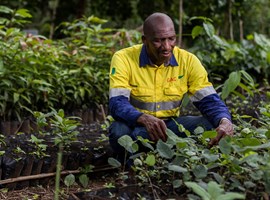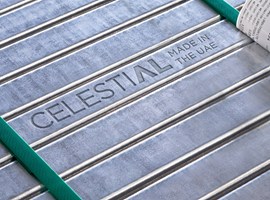-
About us
- About us
- Our purpose, mission and values
- Operations
- Our leadership
- Governance
- Our history
- Our policies and certifications
The world’s largest ‘premium aluminium’ producer
READ MORE - Products
-
Impact
- Impact
- Our commercial success
- Making it in the Emirates
Driving sustainable economic growth
READ MORE -
Sustainability
- Sustainability
- Net zero greenhouse gas emissions by 2050
- Governance
- Environment
- Social
- Eliminating the risk of harm
- Our CSR initiatives in the UAE
Embedding sustainability in everything we do
READ MORE -
Innovation
- Innovation
- Our technology legacy
- EGA’s technology solutions
- Continuous improvement
- Our innovative people
Innovating the future of aluminium production
READ MORE -
Opportunity
- Opportunity
- Emiratisation
- Developing our people
- Supporting education
- Driving diversity
Becoming a talent-driven organisation
READ MORE
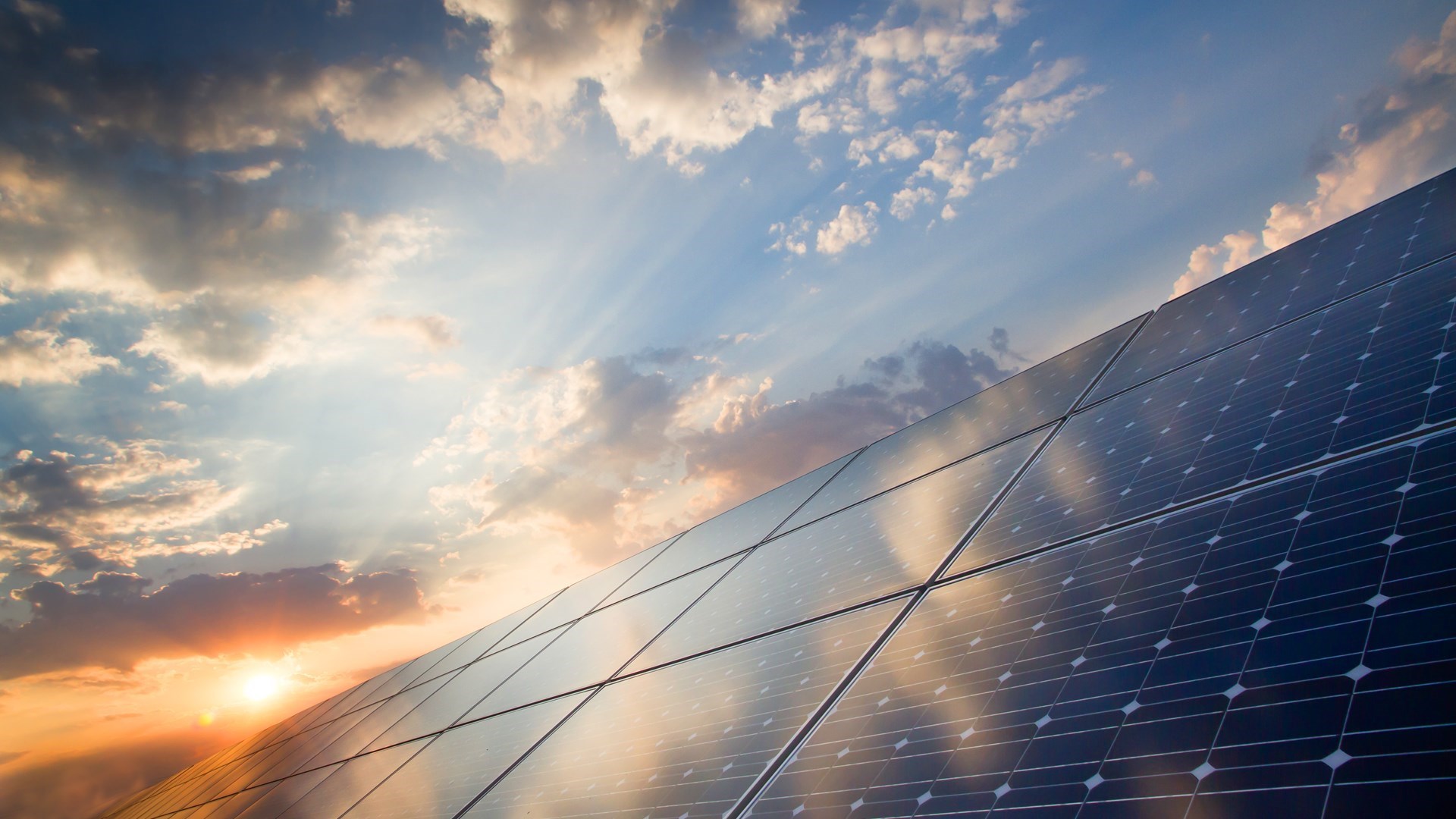
Net zero greenhouse gas emissions by 2050
- Home
- Sustainability
- Net zero greenhouse gas emissions by 2050
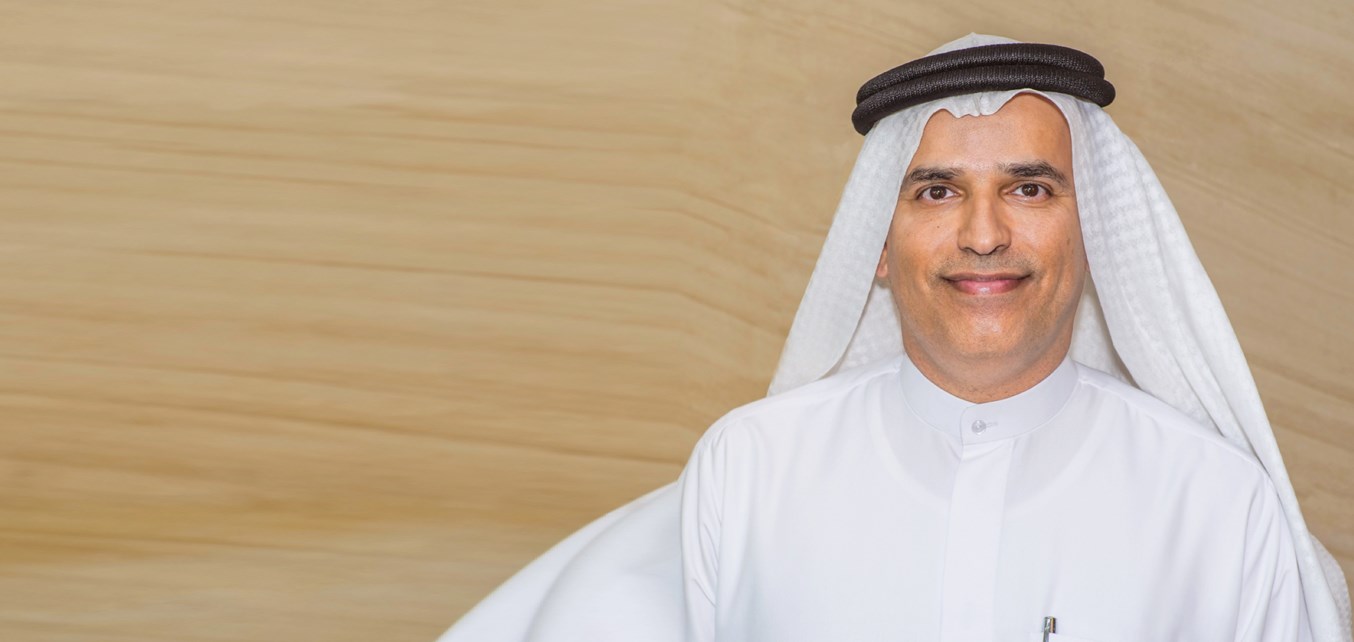
Our commitment to net zero
by 2050
The global scientific consensus is that we must limit global warming to 1.5 degrees Celsius to avert the worst impacts of climate change, and that this requires net zero greenhouse gas emissions worldwide by mid-century. The United Arab Emirates has announced a national strategic initiative to reach net zero by 2050. EGA is playing its part in meeting this challenge.
Abdulnasser Bin Kalban - EGA CEO
Our net zero roadmap
EGA has developed a strategy to reach net zero greenhouse gas emissions by 2050, engaging both internal and external engineers, technologists and economists.
Our roadmap addresses each of the six main sources of our greenhouse gas emissions plus nature-based sequestration for the final emissions that are likely to remain unavoidable. Increased recycling will also play a role in reducing the carbon intensity of our metal.
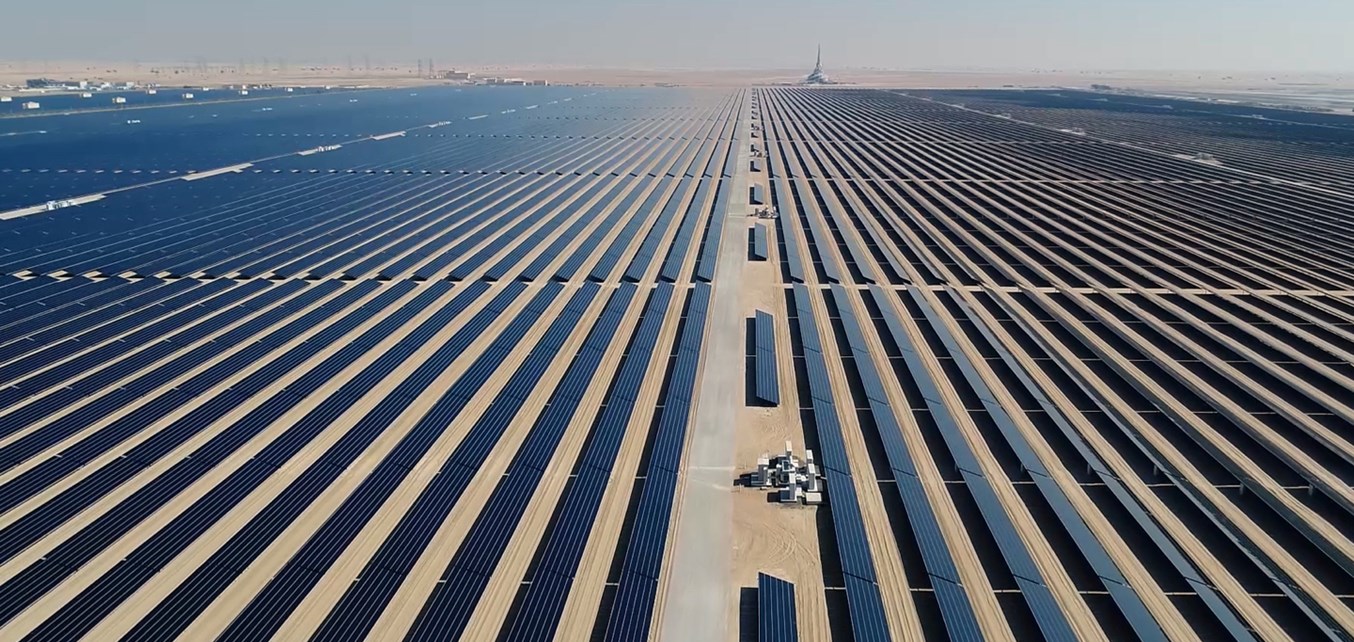
Electricity generation
EGA currently uses natural gas to generate almost all the large amounts of electricity required in our industrial processes in the UAE, with some electricity exchanged with the grid. Electricity generation accounts for more than half of all the greenhouse gas emissions that result from our activities. EGA has already announced an initiative under which we would integrate with the grid, with the objective of sourcing an increasing proportion of renewable and low-carbon energy. In 2021, EGA became the first company in the world to produce aluminium commercially using solar power.
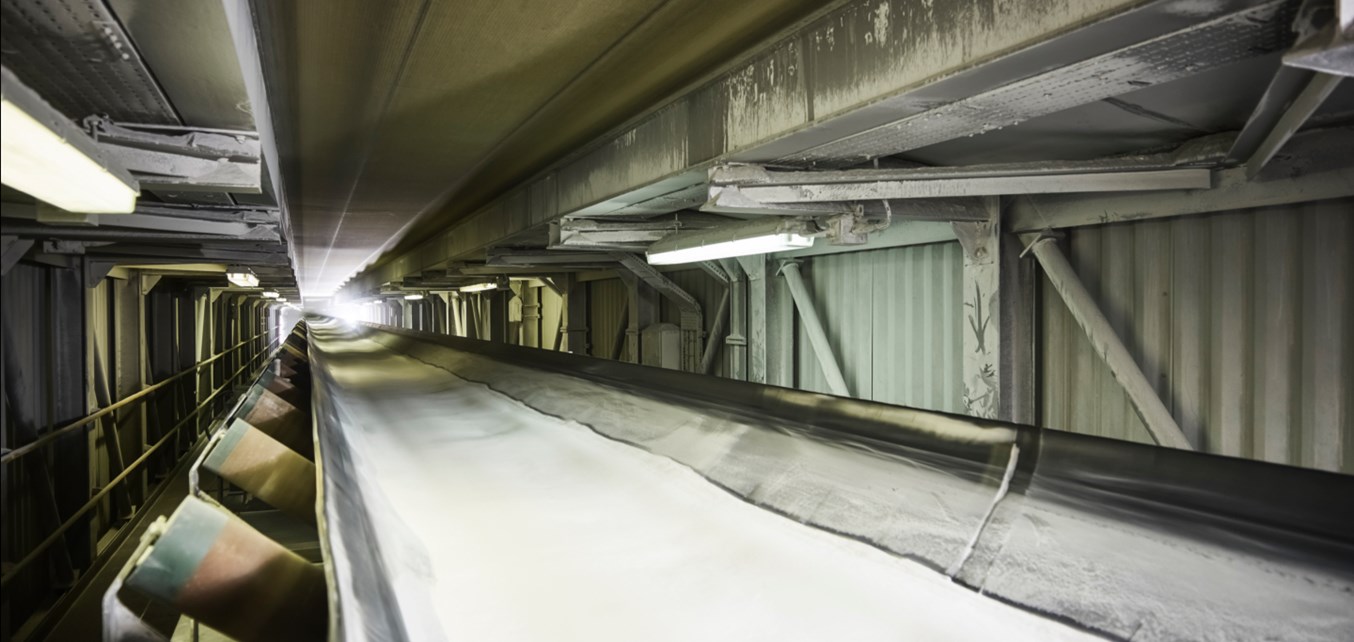
Alumina refining
The Bayer process of refining bauxite into alumina requires thermal energy in the form of steam. EGA currently uses natural gas turbines to produce electricity, and makes steam using their heat. Potential solutions include the electrification of boilers using renewable energy, solar thermal boilers, technologies such as mechanical vapour recompression, or the use of ‘green’ hydrogen to meet thermal needs. The UAE is expected to be globally-competitive in ‘green’ hydrogen given its geographic comparative advantages in solar power development and the existing export infrastructure in the country. EGA’s demand could accelerate the development of ‘green’ hydrogen in the UAE.
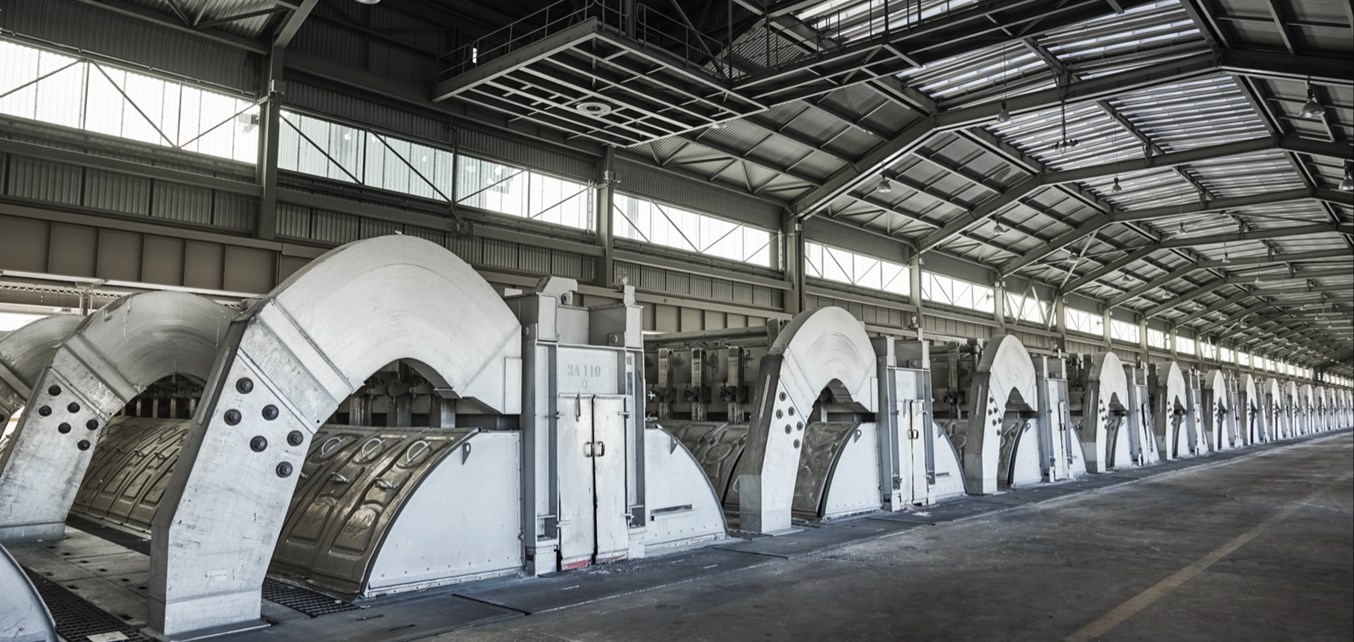
Smelting
The Hall-Héroult process, which has been used to make almost all the world’s aluminium for more than a century, involves the consumption of carbon anodes resulting in emissions of carbon dioxide and perfluorocarbons, a potent greenhouse gas. These emissions must either be eliminated or captured and prevented from reaching the atmosphere. Although novel smelting and carbon capture technologies have been invented, there remain technical and commercial challenges that must be overcome before they become commonplace. These potential solutions or others could be further developed in the years ahead. Baking kilns used to manufacture anodes and heating furnaces required for EGA’s casthouses currently utilise thermal energy derived from natural gas. For these thermal energy needs, replacing natural gas with ‘green’ hydrogen is seen as the way forward.
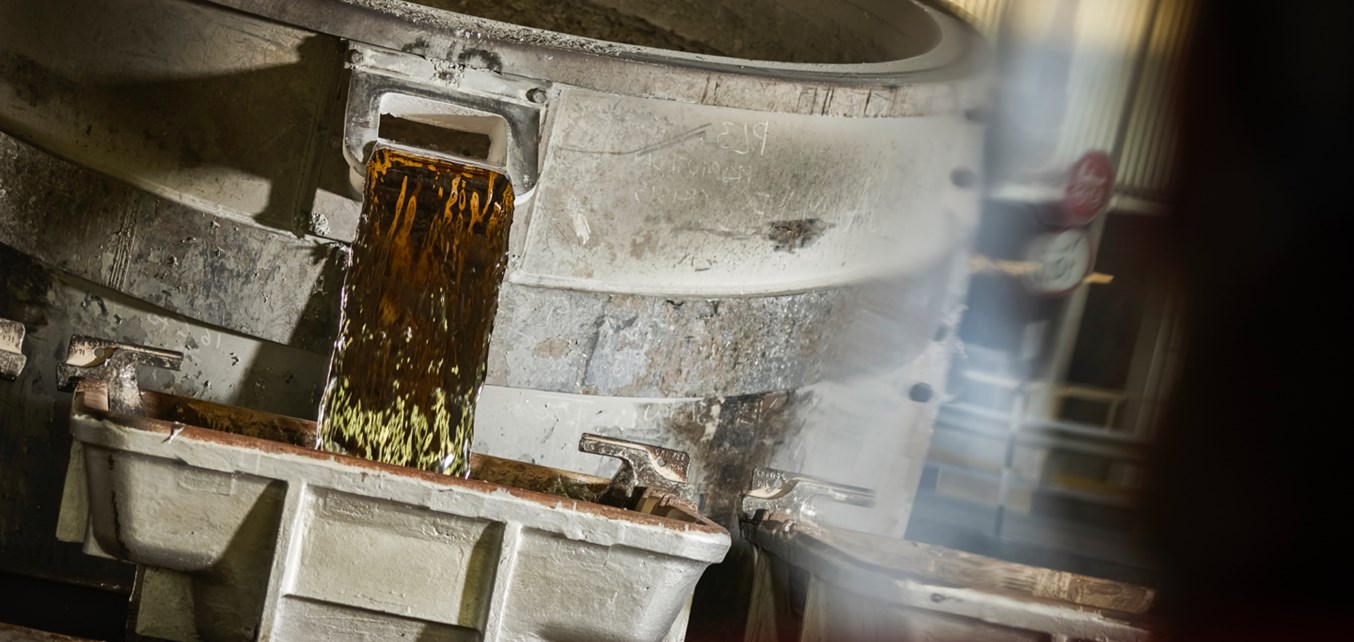
Casting
Natural gas is currently used to heat furnaces in our casthouses, and this could be replaced with ‘green’ hydrogen. In addition, we expect to grow our business in recycling. As demand for aluminium is expected to grow by between 50 per cent and 80 per cent by 2050 according to the International Aluminium Institute, primary aluminium will still be required to meet demand well beyond mid-century. However, the role of recycled aluminium is expected to grow. We are planning to build our first recycling facility in the UAE.
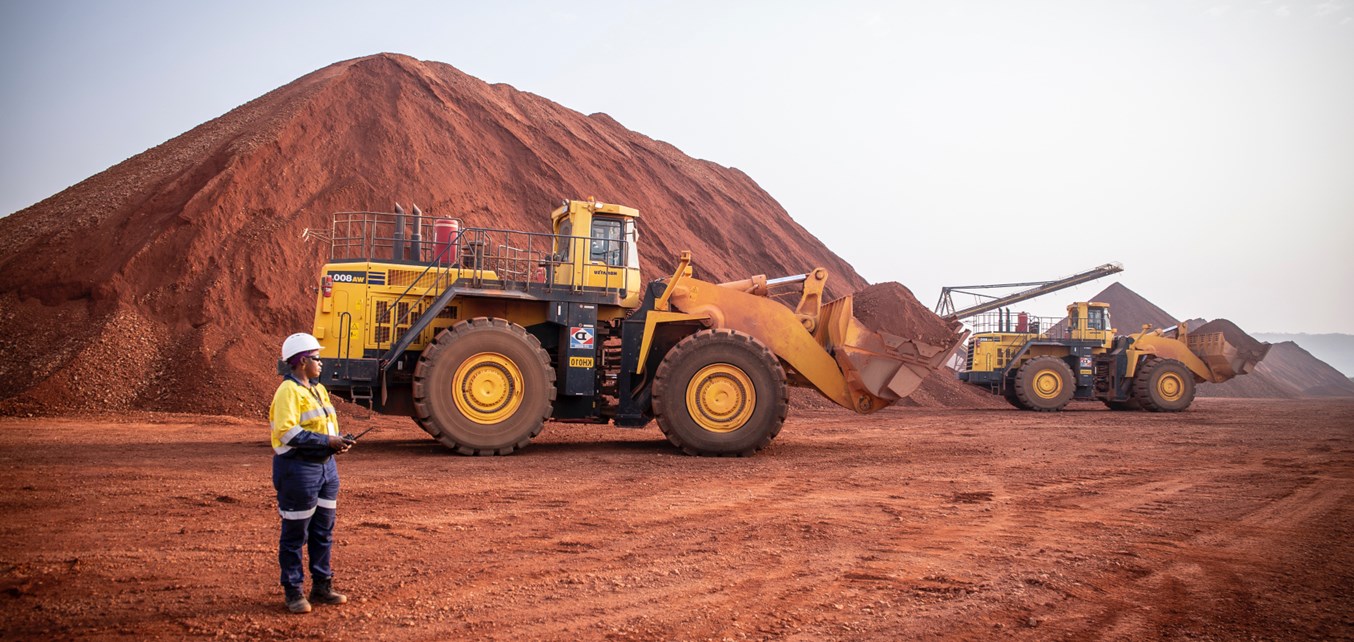
Bauxite mining
Our bauxite mining subsidiary Guinea Alumina Corporation generates the electricity it needs to power fixed equipment, offices, accommodation and other requirements from two small diesel-fired package power plants. GAC is reviewing other potential electricity sources including solar and hydroelectricity, as well as how to reduce its energy needs. Mobile mining equipment at GAC is diesel-powered. GAC is exploring light vehicle electrification and the adoption of biofuels for heavy equipment.
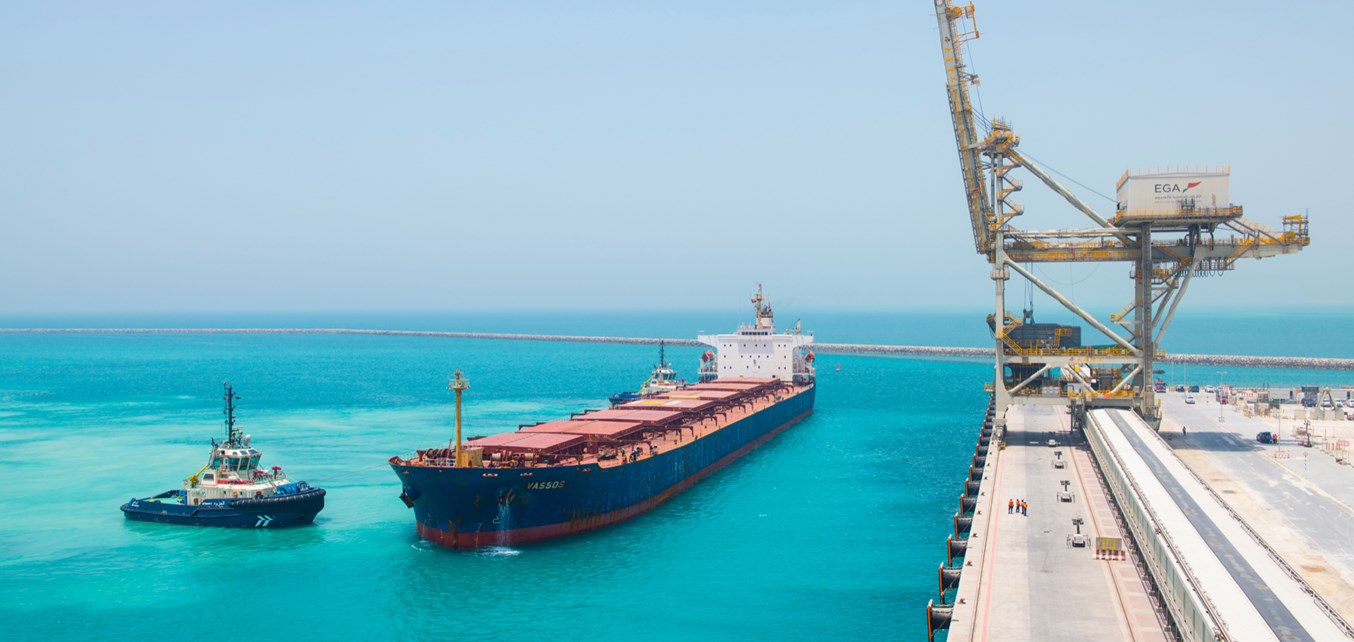
Supply chain
Emissions are generated in the production of goods and services we procure. The most significant sources of emissions in our supply chain are the production of raw materials such as alumina, as well as shipping. However there are greenhouse gas emissions associated with almost all goods and services EGA needs, from hand tools to business travel. We intend to work with existing and new suppliers to address these emissions, using our purchasing power to drive reductions.
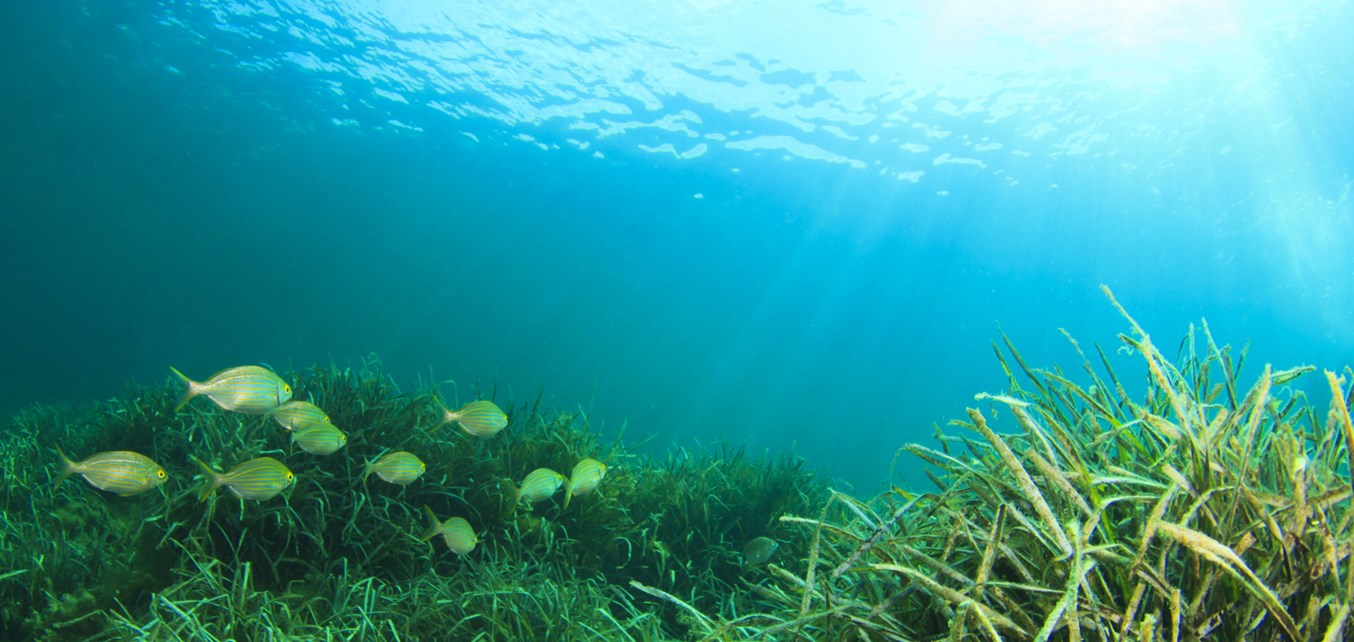
Nature-based sequestration
While our roadmap envisages a substantial reduction in our greenhouse gas emissions, completely eliminating greenhouse gas emissions may not be feasible even beyond 2050.
We have already started to develop a portfolio of natural sequestration projects for these unavoidable emissions and are exploring options including mangroves and sea grass in the UAE. As a global company, EGA could develop projects around the world, either alone or in partnership with others such as non-governmental organisations.
Aluminium’s role in achieving net zero
As a material, aluminium has an important role to play in the development of a more sustainable society.
Aluminium is light, strong, durable, electrically and thermally conductive, and formable. These characteristics make our metal the ideal material for many applications that reduce the greenhouse gas emissions intensity of human activity.
In addition, once a product made with aluminium reaches the end of its useful life, the metal is infinitely recyclable. Aluminium made today will be available to future generations for their use, saving natural resources and energy that would otherwise be required to make new material.
Some important ways aluminium contributes to achieving net zero
In the transport sector, by light-weighting vehicles from electric cars to planes to make them more energy efficient while maintaining their strength and safety. Aluminium is also an important component in mass transit systems, displacing personal transport.
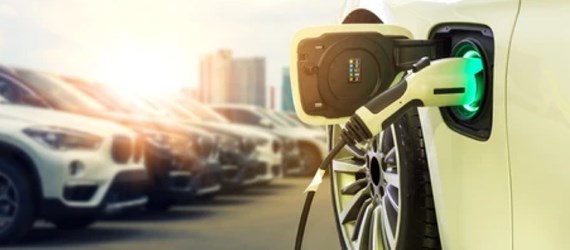
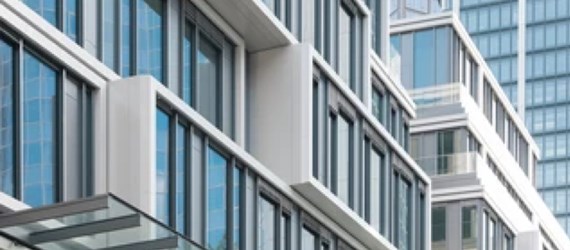
In the construction sector, improving the energy performance of buildings, particularly windows, curtain walls and facades. Increased use of aluminium also means more of a building can be recycled on demolition, reducing the requirement to make new material.
In the energy sector, as a key component of renewable energy technologies (especially solar photovoltaics and wind), energy storage, and the expanded electricity transmission grids required for electrification to displace hydrocarbons.
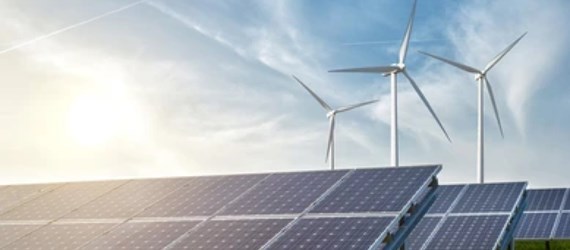
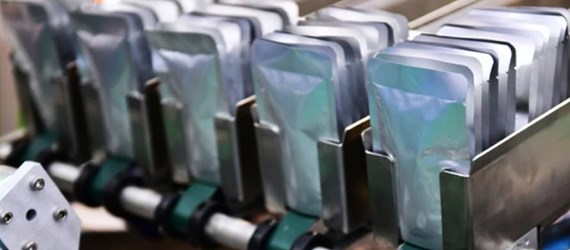
In the packaging sector, both as highly efficient packaging that uses very little material to provide the barrier to moisture and contamination required, and as a recyclable material to displace single-use plastics.





